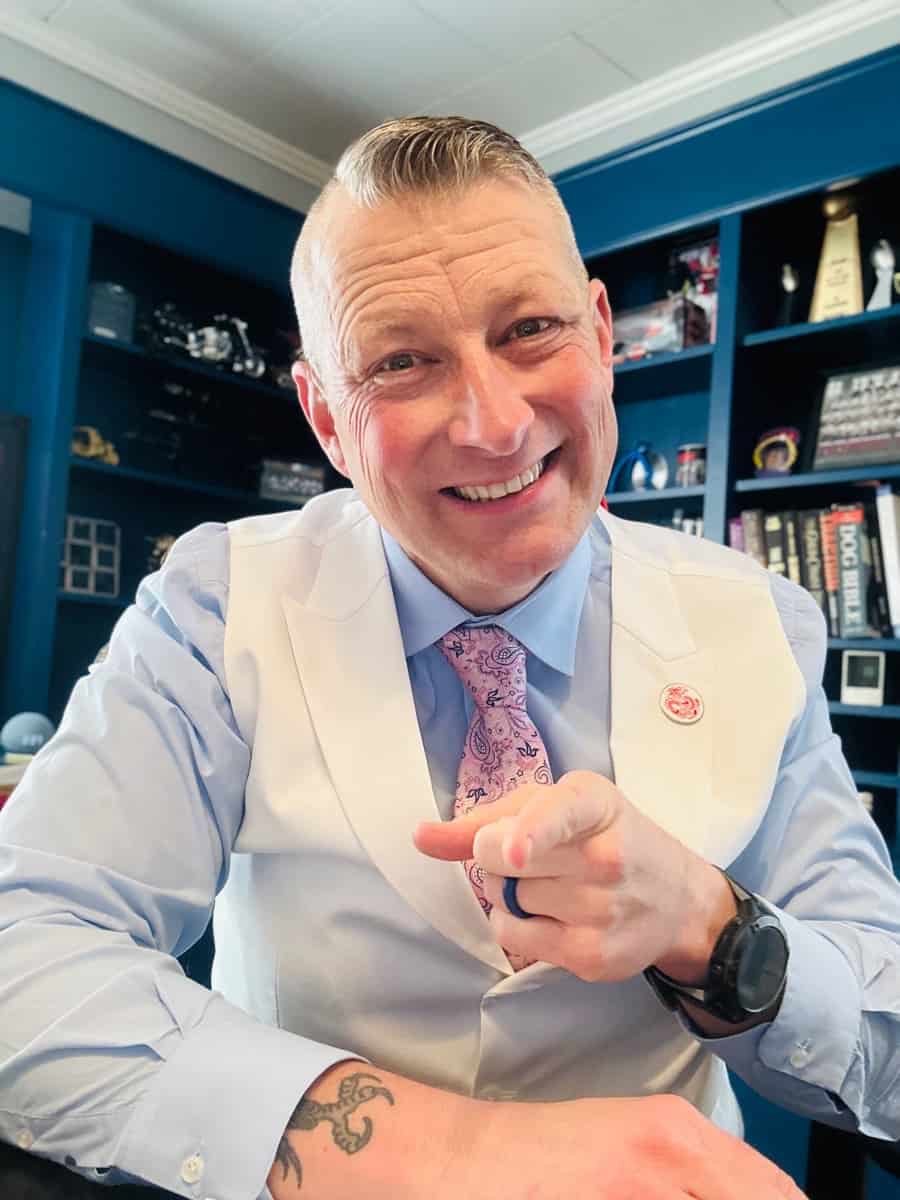Tony Johnson:
When we frame this up especially from the point of view of the contact center itself, what does a great Customer Experience mean to you?
Steve Bederman:
I think it is simple and not only for contact centers, but for every relationship and consumer related relationship, and it is what you said when you introduced me: ”Make a promise, keep a promise.”
In other words, a good experience is simplifying it for the person that you have sold something to or you are servicing. So you make it simple and then you get to the point resolving their issues. And at the end of the day you do it with an added value of compassion, empathy and concern for how the customer feels about it.
Steve Bederman was invited on the Customer Service Academy Podcast, moderated by Tony Johnson.
The center piece of the discussion was the virtual call center and how to manage and improve the all-round metrics of this trending business model in the contact center space.
Listen to the full episode here:
Tony:
What tips do you have for a person that wants to start a virtual call center? And maybe you could talk a little bit about the best way to train or motivate those great agents that are going to be the backbone of the business. That would be fantastic and everyone would be happy to hear about that.
Steve:
Well, you know, virtual has really been a part of the technology experience for a long time. That being said, picture a contact center. Most contact centers have hundreds if not thousands of agents sitting in their cubicle and making phone calls next to other agents. So you get a very loud and active room. In fact, often the meagers would say the louder it is the better it is. In other words it is a very energizing environment.
So it is hard for many contact center people to say ”I want to go home with this”, simply because they believe that this energy is a key factor that motivates their own operations and their own agents. But nonetheless because of the pandemic, many had to go home. So the technology has always been there.
What we did at NobelBiz, we offer free technology, during the pandemic. We know it is hard enough getting home, hard enough to figure out your culture… Let’s make it easy in terms of the technology transition and don’t pay for it during this time. Because we know that when we get a client it is pretty sticky.
Our own company is maybe the best example of it. We have hundreds of employees ourselves and most of those employees are on the phone taking calls from clients, doing customer support and so on. So what did we do? In March, within three days, we sent everybody home using our own technology, obviously.
And we’ve realized that there is a comfort in working from home, but that it is too comfortable. So how do you engage with them? Well, for example, three times a week we do 15 to 30 minute sessions of yoga, what we call ”desktop yoga”, we do meditation.
We also use gamification, in the sense that we organize team fun sessions, parties and we just constantly engage. And the last thing we do is we take each of those segmented work groups and we keep them as we do right now, zoomed in with each other.
So if you have a group of 20 agents, as an example, all of those agents are on Zoom in a passive manner, the window sitting to the side so they communicate together and with their manager while they’re going about their job making phone calls, making promises and keeping those promises.
Outside of that, just keep it simple, there is really nothing else you have to do. It is the same job. The more complicated you are going to make it the more complicated it is going to be for an agent who just simply wants to get into communication, resolve whatever the situation is and get on to the next communication.
And I say communication because in today’s world we deal with omnichannel, it’s not just simply voice channels.
If you want to learn more, you can listen to the whole interview at the top of the page.

Michael McGuire is a contact center industry expert with almost two decades of experience in the space. His experience includes roles as Director of Contact Center Digital Transformation at NobelBiz, and as Director of Operations at FLS Connect, managing multiple call centers. As President of Anomaly Squared and Targeted Metrics, Michael successfully transitioned companies into remote operations and significantly boosted revenues. With a strong background in customer service, leadership, strategic planning, and operations management, Michael excels in driving growth and innovation in the call center space.
Mike is also a proud Board Member for R.E.A.C.H Trade Group, promoting consumer protection and satisfaction and Co-host of the Off Skripted Podcast – a show about Life, Call Centers and everything in between.


